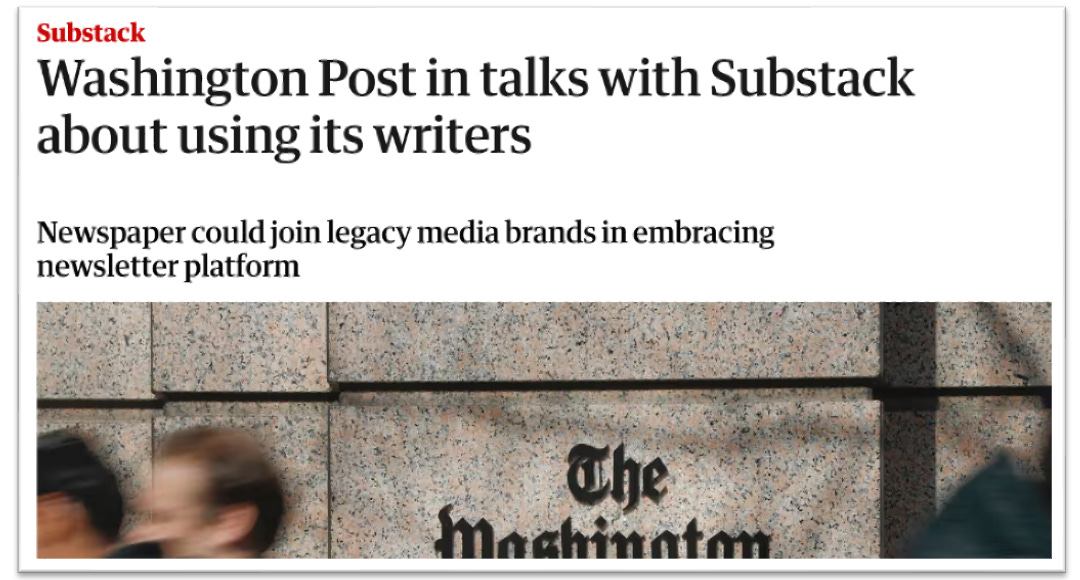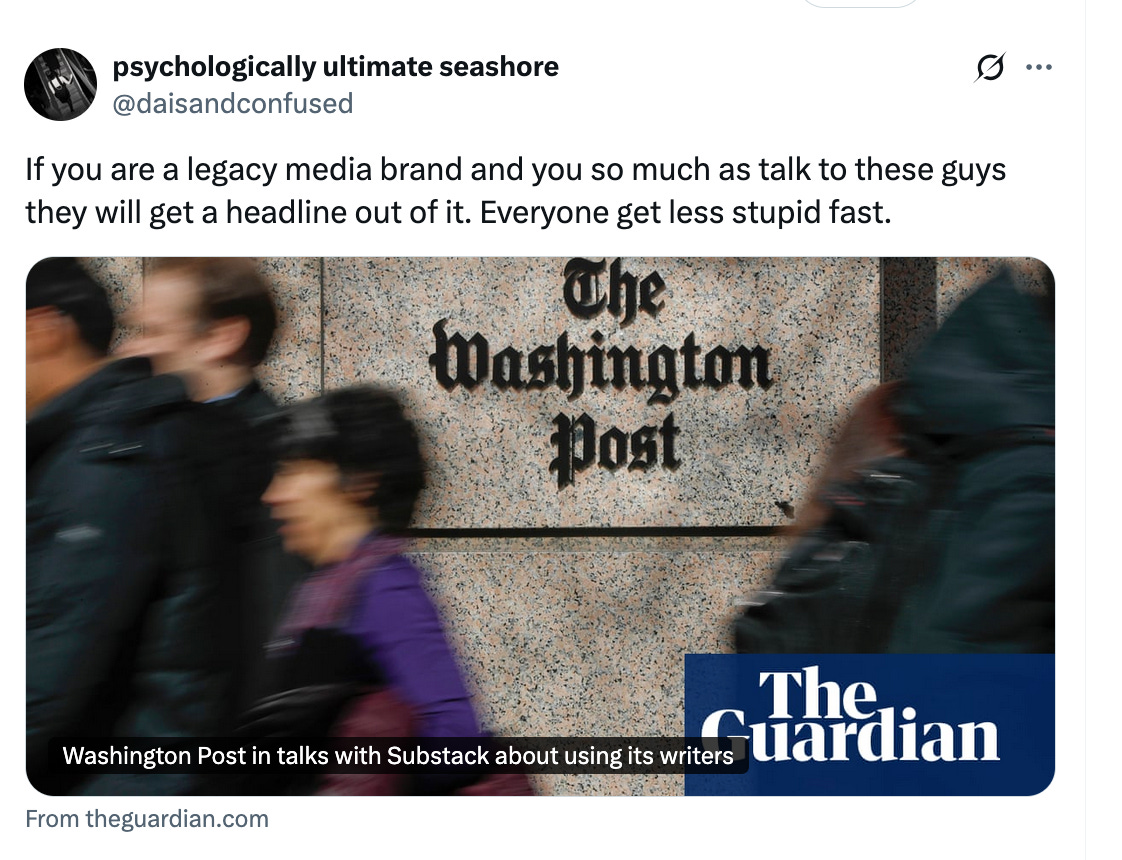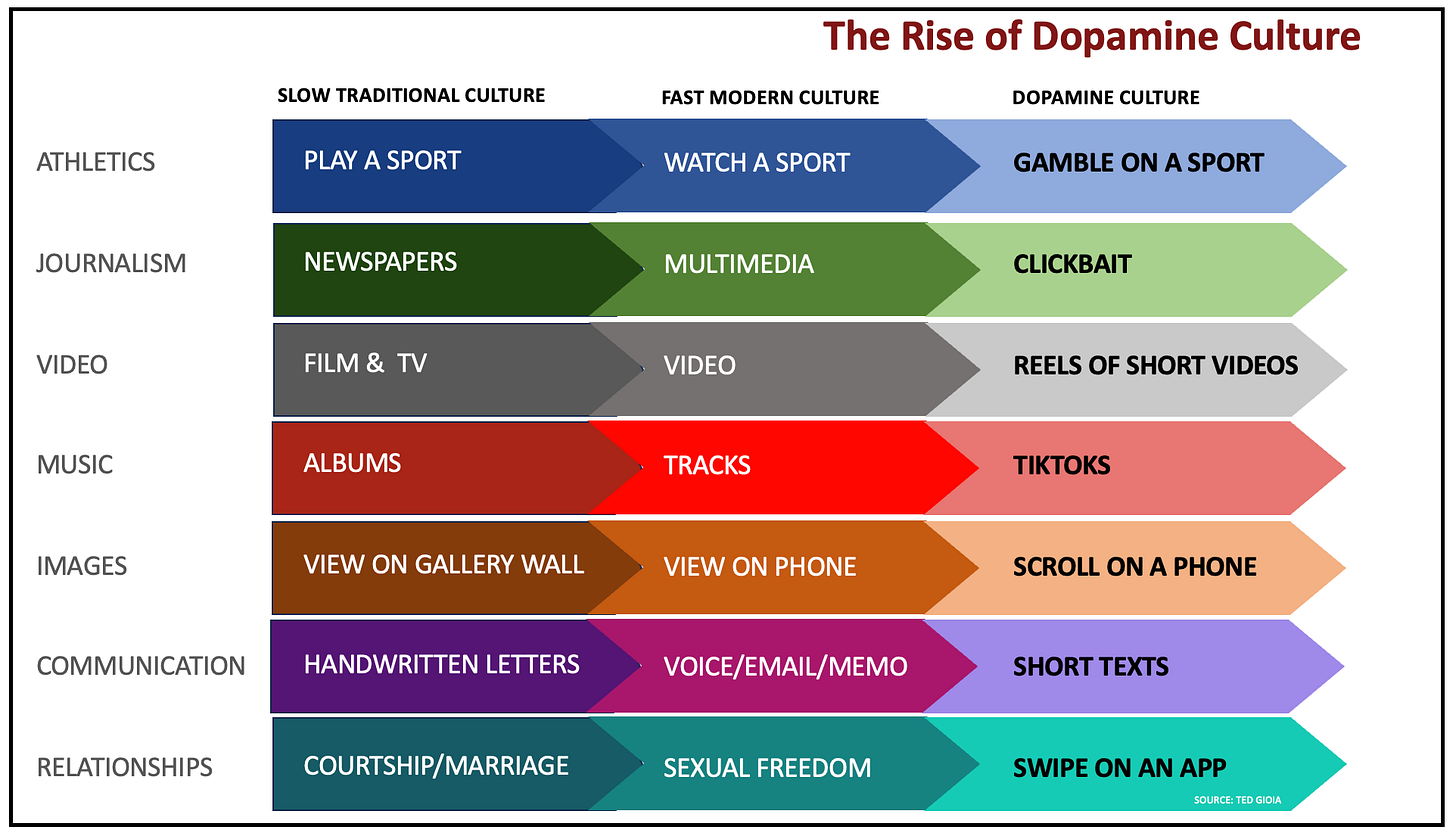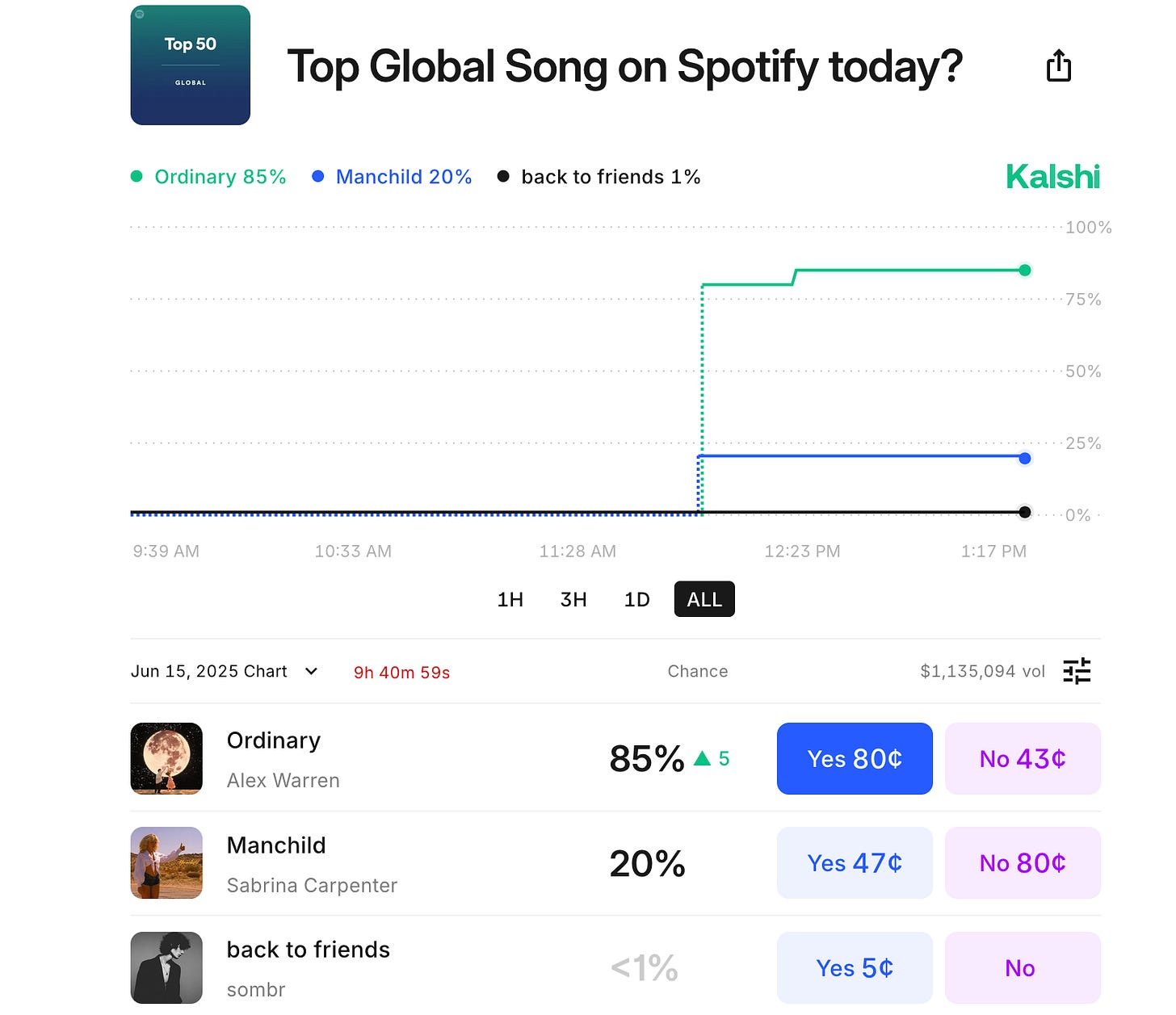Why Is the Washington Post Talking to Substack?
And updates on other recent articles
Below I share updates on nine recent articles. There’s plenty to chew on here. But let’s start with news on the home front.
If you want to support my work, the best way is by taking out a paid subscription (just $6).
Does Substack have a suitor?
On May 30, I boldly declared that “Substack Has Changed in the Last 30 Days.” And I made a prediction.
I said that big media companies will imitate Substack, and it might even get hard to tell them apart.
And now, just a few days later, I see this headline:
The Washington Post has held talks with Substack about hosting pieces by its writers…..Substack’s Hamish McKenzie said he had spoken to the Post about its plans to widen the types of opinion pieces on its website.
He said there had been a “change in mindset” from traditional media, which once viewed Substack with suspicion. He said many now saw the platform as an opportunity to adapt to what he described as “the most significant media disruption since the printing press.”
Substack may have little interest in these offers, according to Daisy Alioto, CEO of Dirt Media, but will still use them to demonstrate its rising status in the media hierarchy.
Maybe that’s true, but I don’t see things that way.
We can argue about whether this kind of parternship is good or bad. But the larger truth is obvious: This new way of responding to Substack is inevitable. And there’s nothing anybody can do to stop it.
Legacy media outlets can already hire writers from this platform by approaching them directly—I get asked all the time. They don’t need permission. So I give the Post credit for trying to establish a formal partnership instead of just poaching talent.
Frankly, this is exactly what I would do if I ran the Washington Post. They are trying to maneuver faster than their competitors—and it’s the right move whether it succeeds or fails.
I’m sure we will see more rumors and initiatives of this sort in the coming months.
Why listen to music when you can gamble on it?
This chart from my “State of the Culture” article went viral last year. Many commented on the disturbing shift from playing sports to watching them and (finally) just gambling on them.
Now the same thing is happening in music. Professional gamblers are wagering on songs—trying to pick the number one track on Spotify.
Here’s the current betting board on the Kalshi prediction market.
Gambler Caleb Davies explains his song betting technique to Chris Dalla Riva (a friend of The Honest Broker).
Most days I’m analyzing decay rates of the most popular songs and growth rates of viral ones. I then compare those to historical trends….
To win on a regular basis you need to do some mathematical modeling. There are exceptions. Like when Kendrick dropped a surprise album in November, I knew that was going to number one without crunching any numbers. But, in general, you need to be looking at data.
I thought I knew every way of analyzing music. But until now, I never even dreamed that this Las Vegas style of musicology was possible.
I’m sorry that I found out—but now you have too.
Now let’s forget about money and think about beauty….
I’ve expressed some unconventional views here on beauty—which is a surprisingly controversial concept in the arts. (For my quirky views, see here and here.) But this week I saw a short video from my brother Dana on the same subject—and it deserves to be shared.
And now let’s move on to something really annoying….







